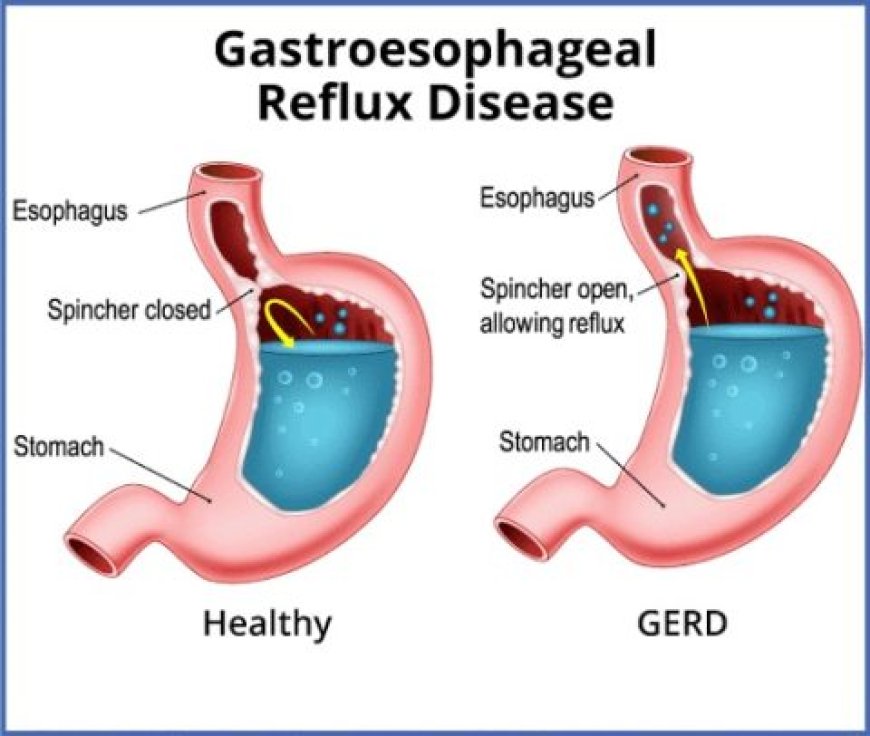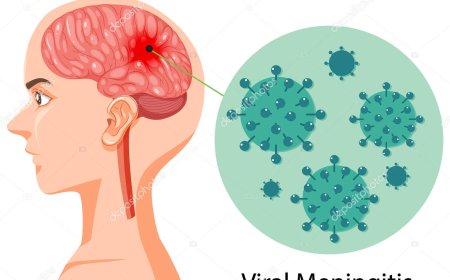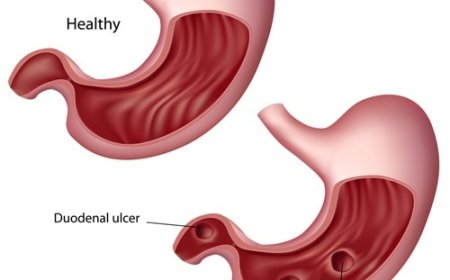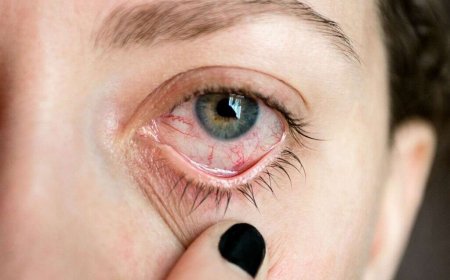GERD (Gastroesophageal reflux disease)

Introduction :
In this article, we will explore GERD (Gastroesophageal Reflux Disease), a common digestive disorder that affects people in India. We'll discuss what GERD is, its classification, causes, risk factors, types, diagnostic tests, treatments, complications, and prevention techniques, all explained in simple language for our young readers.
What Is GERD (Gastroesophageal Reflux Disease)? :
GERD is like a friendly dragon that blows fire from our tummy into our throat. But instead of fire, it's stomach acid that travels up and causes discomfort. When this happens a lot, it's called Gastroesophageal Reflux Disease or GERD.
How Is GERD (Gastroesophageal Reflux Disease) Classified? :
GERD is classified as a digestive disorder that happens when our tummy doesn't keep the stomach acid where it belongs. It escapes and travels up the pipe called the esophagus, causing problems.
Sign and Symptoms:
If someone has GERD, they might have some of these signs and symptoms:
- Heartburn: A burning feeling in their chest that makes them uncomfortable.
- Regurgitation: It's like their food wants to come back up into their mouth after eating.
- Coughing and Wheezing: They might have a chronic cough or wheezing.
Causes and Triggers:
GERD happens when the little door between our tummy and the esophagus doesn't work well. It's like a broken latch that allows the stomach acid to escape.
Risk Factors with Examples:
Some people are more likely to get GERD, like those who love to eat spicy food or have a family member who also has GERD. Imagine a group of friends who love to eat spicy street food together; some might get GERD because of their love for spicy treats.
Types of GERD (Gastroesophageal Reflux Disease) with Detailing for Each Type:
GERD doesn't have different types, but it can have different levels of severity. Some might have mild GERD, while others might have more intense symptoms.
Diagnostic Tests and Their Use:
Doctors use special tests to see if someone has GERD. They might use a tube with a camera to look inside their tummy and esophagus. It's like a little explorer going on an adventure inside our body to find out what's wrong.
Treatments:
The good news is that GERD can be managed well with some changes in lifestyle and medicines. Doctors might recommend eating smaller meals, avoiding spicy food, and taking special medicine to reduce the stomach acid.
Complications of GERD (Gastroesophageal Reflux Disease):
If GERD is not managed, it can lead to other problems like irritation in the esophagus or difficulty swallowing. But with the right care, those with GERD can feel much better.
Prevention Techniques:
Though some people might be more likely to get GERD, there are things they can do to prevent it or reduce the discomfort. Avoiding spicy or greasy food, eating smaller meals, and staying active are all good ways to keep GERD at bay.
Remember, just like the friendly dragon can be tamed, GERD can be managed with the help of doctors and some healthy habits. So, eat smart and stay comfortable!
What's Your Reaction?
 Like
0
Like
0
 Dislike
0
Dislike
0
 Love
0
Love
0
 Funny
0
Funny
0
 Angry
0
Angry
0
 Sad
0
Sad
0
 Wow
0
Wow
0








































































